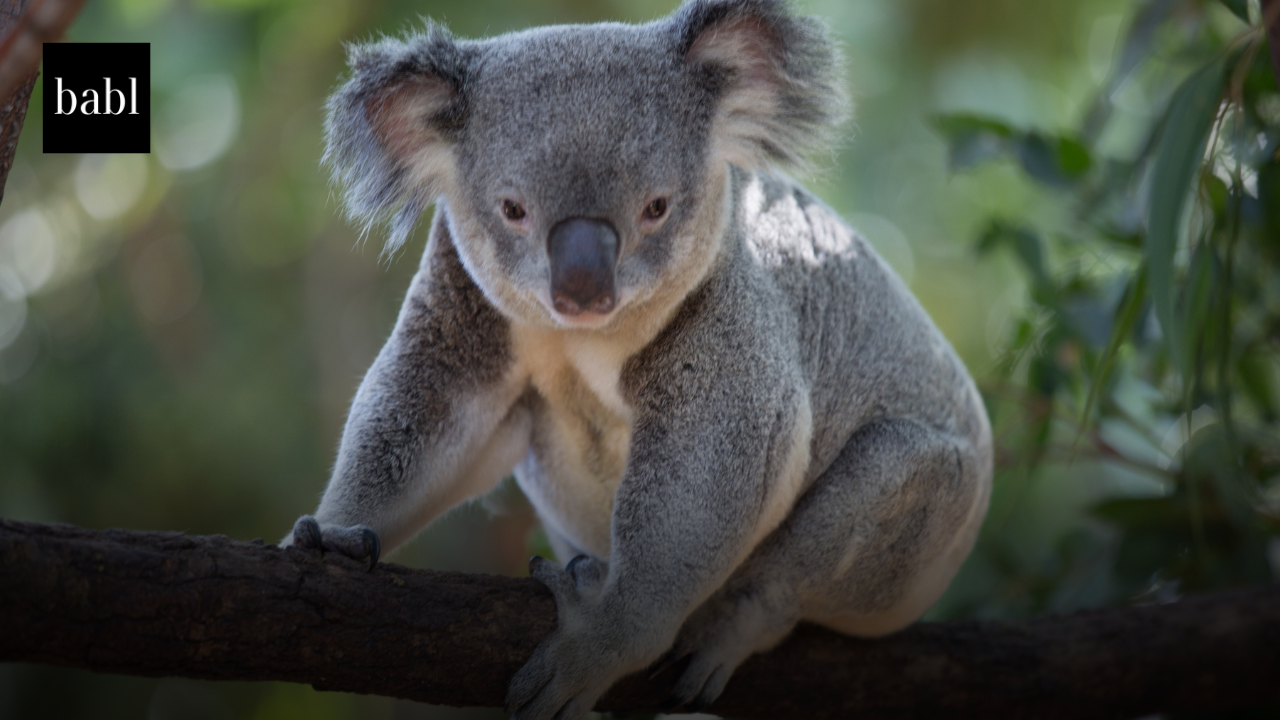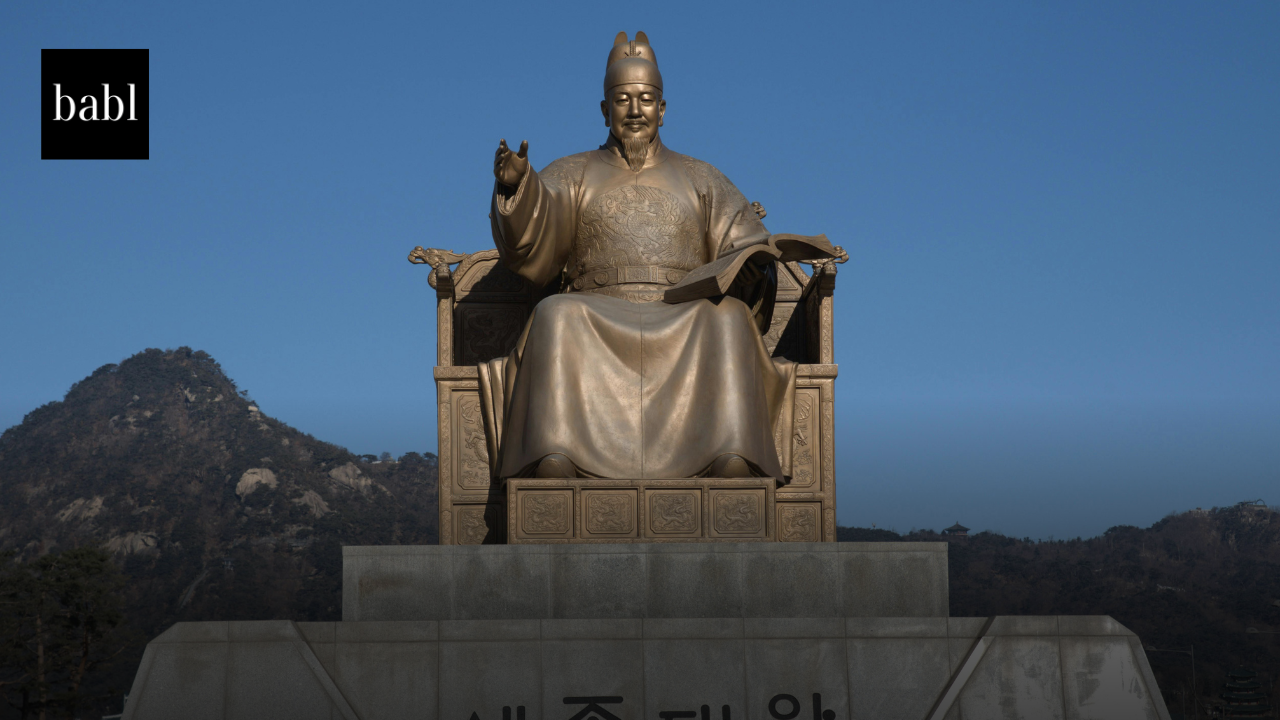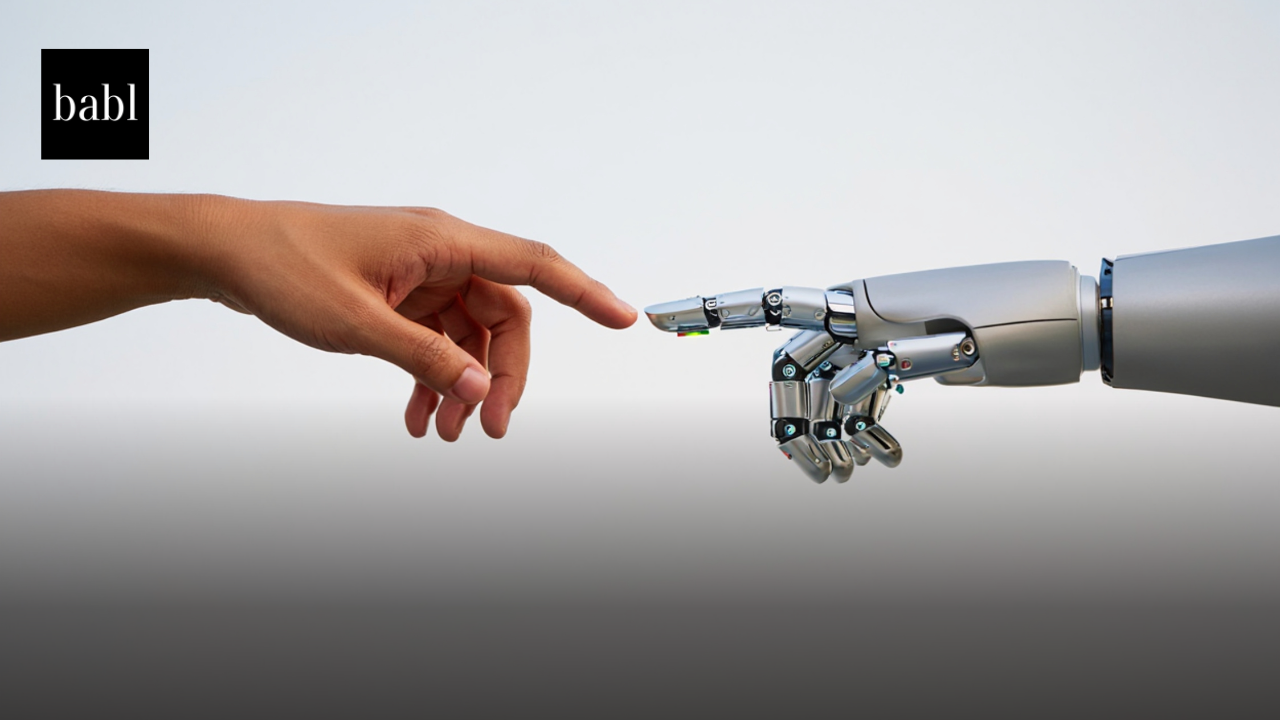Australia’s artificial intelligence (AI) sector is rapidly growing and maturing, marked by a distinctive dual-track identity as both a global technology adopter and an emerging innovation hub, according to a new report released on June 25 by the National Artificial Intelligence Centre (NAIC) in collaboration with CSIRO.
The 2025 report, “Australia’s Artificial Intelligence Ecosystem: Growth and Opportunities,” provides a comprehensive analysis of the nation’s AI workforce, research output, and commercial activity. It finds that Australia’s AI landscape is expanding in both scale and specialization, with over 1,500 AI companies identified—most of them small, private enterprises focused on practical applications rather than foundational model development.
Australia’s approach is described as evolutionary rather than disruptive, with AI being integrated into existing industries like resource management, construction, and healthcare rather than replacing them. Urban hubs such as Melbourne, Sydney, Brisbane, and Perth serve as key geographic clusters, each exhibiting distinctive sectoral strengths. For example, Perth companies focus on mining and energy, while Canberra emphasizes government and defense applications.
While Australia continues to rely on global AI tools, the report highlights a growing number of homegrown innovations and a surge in AI research. Between 2015 and 2024, AI-related patents nearly quadrupled and scholarly publications more than doubled. However, the commercialization gap remains significant: there were 93,302 AI-related publications compared to just 4,075 patents during that time.
“AI research in Australia is increasingly multidisciplinary,” the report notes, with significant contributions in areas beyond computer science—such as veterinary science, agriculture, and even the humanities.
In the labor market, demand for AI skills is growing steadily. AI-related job postings rose from 0.2% of all listings in 2015 to 0.9% in 2024. However, hiring remains concentrated: just 100 firms accounted for 58% of all AI job postings last year.
Overall, the report paints a picture of a resilient and fast-evolving ecosystem, one that is firmly grounded in Australia’s industrial strengths while steadily building the capacity to shape its own AI future.
Need Help?
If you have questions or concerns about any Austrailian or global guidelines, regulations and laws, don’t hesitate to reach out to BABL AI. Their Audit Experts can offer valuable insight, and ensure you’re informed and compliant.





